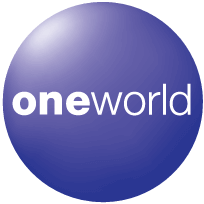Use of Certified Products
Basic Concept
Responsible procurement takes into account environmental and social impacts of purchased products and services, and certification programs assist purchasers in making purchasing decisions. The JAL Group compares sustainability standards of certification programs, sets a benchmark using an internationally-recognized third-party certification that follows strict requirements for environmental, social and governance factors, and safety for food, and promotes the use of certified materials.
Using paper product certified for forest resources
We have established procurement standards for commercial materials that use sustainable paper and wood, and we began using paper items with international certification in consideration with forest resources for service supplies provided to customers in our cabins and lounges. We already use certified paper products for all paper containers of tableware and containers, as well as for paper substitutes for plastic materials. 94.4% of our service supplies have certified paper as of the end of fiscal year 2023, and we will all cabin service items will be compliant by fiscal year 2025.

Using ASIAGAP certified products
We have established procurement standards for sustainability-conscious agricultural products, and offer salads made with ASIAGAP-certified*1 vegetables and strawberries from ASIAGAP-certified JAL Agriport*2 farms for inflight meals served to our customers.
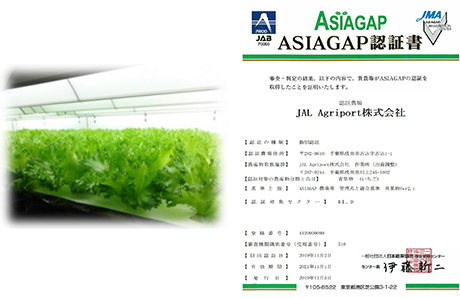
*1 ASIAGAP certification : A global standard for farm management which is given to farms that conform to many standards for food safety and environmental protection such as pesticide and fertilizer management.
*2 JAL Agriport : An agricultural joint venture with Wago Co., Ltd. Located in Narita, Chiba Prefecture, it operates tourist farms and sells private brand products. In November 2019, a JAL Agriport farm in Narita acquired ASIAGAP certification (Registration No. : A120000098).
JAL Agriport website(Japanese)Open link in a new window
Using sustainably sourced marine products
We introduced marine products for inflight meals driven by our sustainable procurement policy for marine products (wild-caught products and aquaculture products). We offer a variety of sustainably sourced MSC certified *1 and ASC certified*2 marine products in our menus.
JAL became the first airline to acquire MSC certification*1 and ASC certification*2 in March 2020. We established a traceability management procedure at catering companies to ensure the use of responsibly managed marine products and created an operating procedure to ensure compliance.

Inflight meal using MSC certified and ASIAGAP certified products
The use of certified ingredients is a motivating factor for fisheries to engage in sustainable fishing and contributes to preventing illegal and excessive fishing, impacts on ecosystems, and social issues such as forced labor and child labor. We will continue to use and provide diverse certified seafood as ingredients.

*1 MSC (Marine Stewardship Council) : Operates a certification program that certifies environmentally sustainable and socially responsible fisheries and marine catch of those certified fisheries.
*2 ASC (Aquaculture Stewardship Council) : Operates a certification program that certifies marine products farmed at environmentally and socially responsible aquaculture farms.
Other initiatives
Serving sustainably sourced coffee
JAL CAFÉ LINES is an inflight service that aspires to serve the best tasting coffee on board. JAL was the first airline to serve sustainably sourced coffee in 2011. Currently, Rainforest Alliance-certified*1 coffee beans are used on all JAL flights and at our lounges.
We began serving Doi Tung coffee created by the Mae Fah Luang Foundation and MI CAFETO Co., Ltd. on JAL`s Bangkok route. Doi Tung coffee was the outcome of a project in impoverished mountain areas of Thailand to covert poppy fields grown for opium production into coffee plantations. The coffee was developed collaboratively by the Me Fah Luang Foundation, which tackles poverty in Thailand, and MI CAFETO Co., Ltd., which provided local guidance on coffee cultivation technologies.
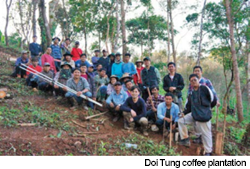
*1 Rainforest Alliance certification:Indicates that a farmer has been audited and assessed as meeting standards required for environmental, social and economic sustainability.

Wine with Consideration for the Environment and Biodiversity
Organic cultivation (organic farming) is a method of growing crops that, in principle, does not use chemical fertilizers or pesticides, and takes into account the soil environment and biodiversity, relying on the natural forces of the ecosystem. In Business Class, we offer wines with EU Organic Certification and champagnes with DEMETER Organic Certification.

Healthy and environmental amenities
Relaxing wear is offered in First Class for ultimate relaxation during the flight. It is made from 100% organic cotton, which comes from healthy and environmentally-friendly fields and gives a soft and comfortable texture.
Click hereOpen link in a new window for JAL First Class amenities.
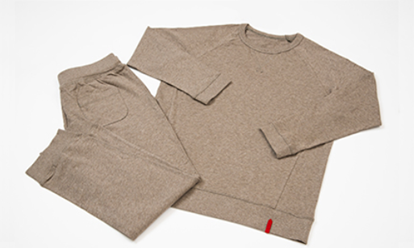
Ensuring the safety of toys
As children may put toys in their mouth, all novelty toys for children have passed the Japan Safety Toy Standard (ST Standard) test*3 conducted by a third-party testing lab. The ST standard certifies that the toys have been tested to comply with the Japan Food Sanitation Law and are designed to prevent children from accidentally swallowing them.
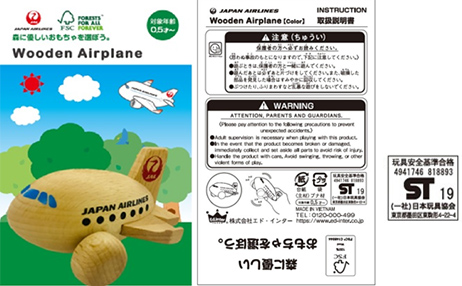
*3 ST Standard: A standard for toy safety in which toys are tested for mechanical and physical properties, flammability and chemical properties by a third-party laboratory. Upon successfully passing the test, the ST Mark may be placed on the product. The toy industry recommends toys bearing the ST Mark as toys carefully made to ensure safety.

